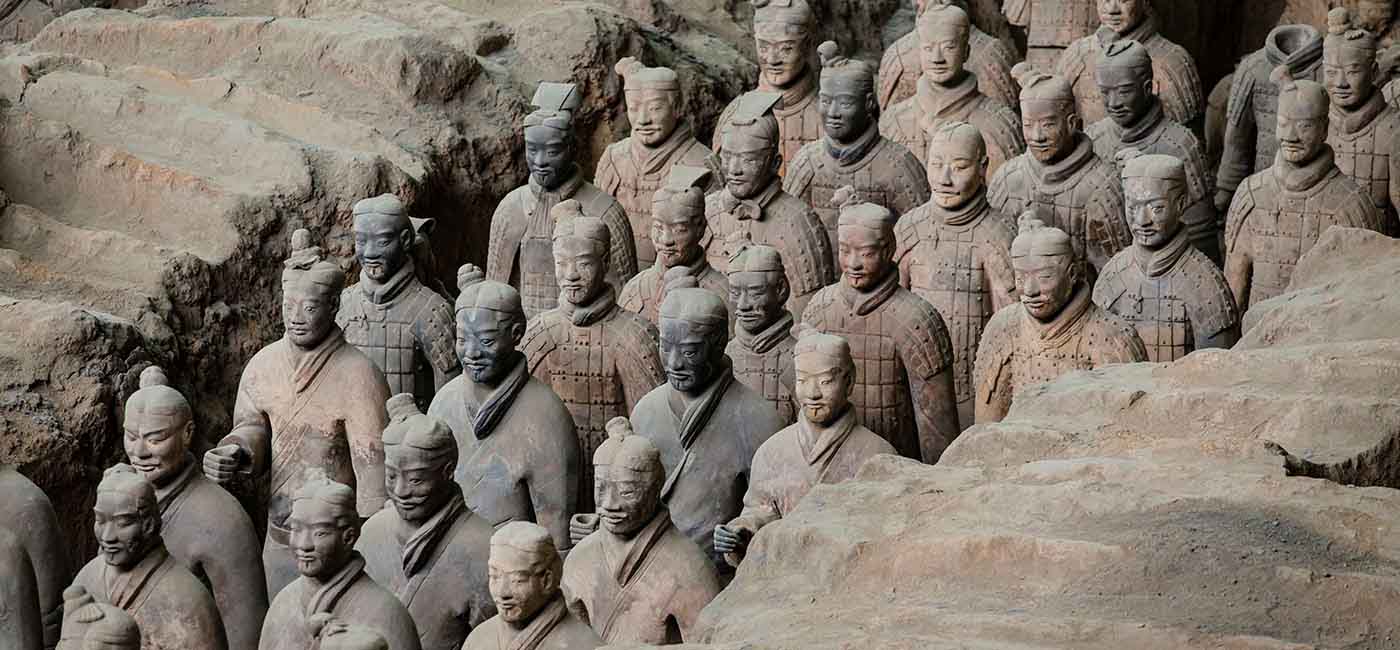20th Century British History
Take a look at the events and developments that occurred during the twentieth century in the United Kingdom (UK), the grouping of islands off the west coast of Europe that includes England, Wales, Scotland, and Northern Ireland. The study of twentieth century Britain begins with the death of Queen Victoria in 1901, bringing an end to the rule of one of the longest-reigning monarchs in British history. Victoria served as a symbol of British unity, prosperity, and virtue, ruling during a period of imperialism and colonialism and noteworthy scientific discovery and achievement. Her reign was referred to as the Victorian era. The twentieth century brought significant change in the aftermath of two great wars. World War I (1914–1918) introduced the horrors of modern mechanized (and chemical) warfare, decimating a generation of young British soldiers. Postwar was followed by a long period of economic depression, high unemployment, and civil unrest, along with a pervasive sense of fragmentation, dislocation, and melancholy that’s well expressed by T. S. Eliot’s groundbreaking 1922 poem “The Waste Land.”
Britain entered World War II in 1939, rallying under new Prime Minister Winston Churchill to avert a German invasion and occupation the following year. Joining forces with the United States and other Allies, including France, the Soviet Union, China, and New Zealand, Britain defeated Germany and associated Axis powers in 1945. Facing subsequent food shortages, rationing, and other hardships, Britain’s postwar Labour Party government laid the foundations for a social welfare system with the establishment of the National Health Service and nationalization of other institutions and services. The postwar period also brought the dissolution of Britain’s vast geographic empire, as British Commonwealth colonies and dominions in Asia and Africa gained their independence.
Elizabeth II, Britain’s current and longest-reigning monarch, ascended to the throne in 1952. She presided over a period of frequent political change in the United Kingdom, as Labour governments alternated with Conservatives in a battle of differing political and economic ideologies. After a decade of major strikes by dock workers, postal workers, coal miners, and others in the 1970s, British voters elected Margaret Thatcher of the Conservative Party as Britain’s first woman prime minister in 1979. Thatcher and her government proceeded to privatize nearly half of Britain’s state-owned enterprises, implementing cuts in social spending while increasing defense allocations. Thatcher remained prime minister until 1990 and was such a prominent figure in British government and politics that the term “Thatcherism” was coined to describe her political style and beliefs.
Exploring twentieth century British history will also reveal the far-reaching impact of two of Britain’s most popular cultural icons: the pop music group the Beatles, whose profound influence on 1960s music and culture in the UK, U.S., and Europe has been widely analyzed in a number of scholarly studies, and Lady Diana Spencer, who married Charles, Prince of Wales, in a televised July 1981 wedding that was viewed by hundreds of millions around the globe via communication satellites. Diana’s tragic death in 1997 was followed by a televised funeral that also drew a huge worldwide audience, estimated at more than 2 billion people.

